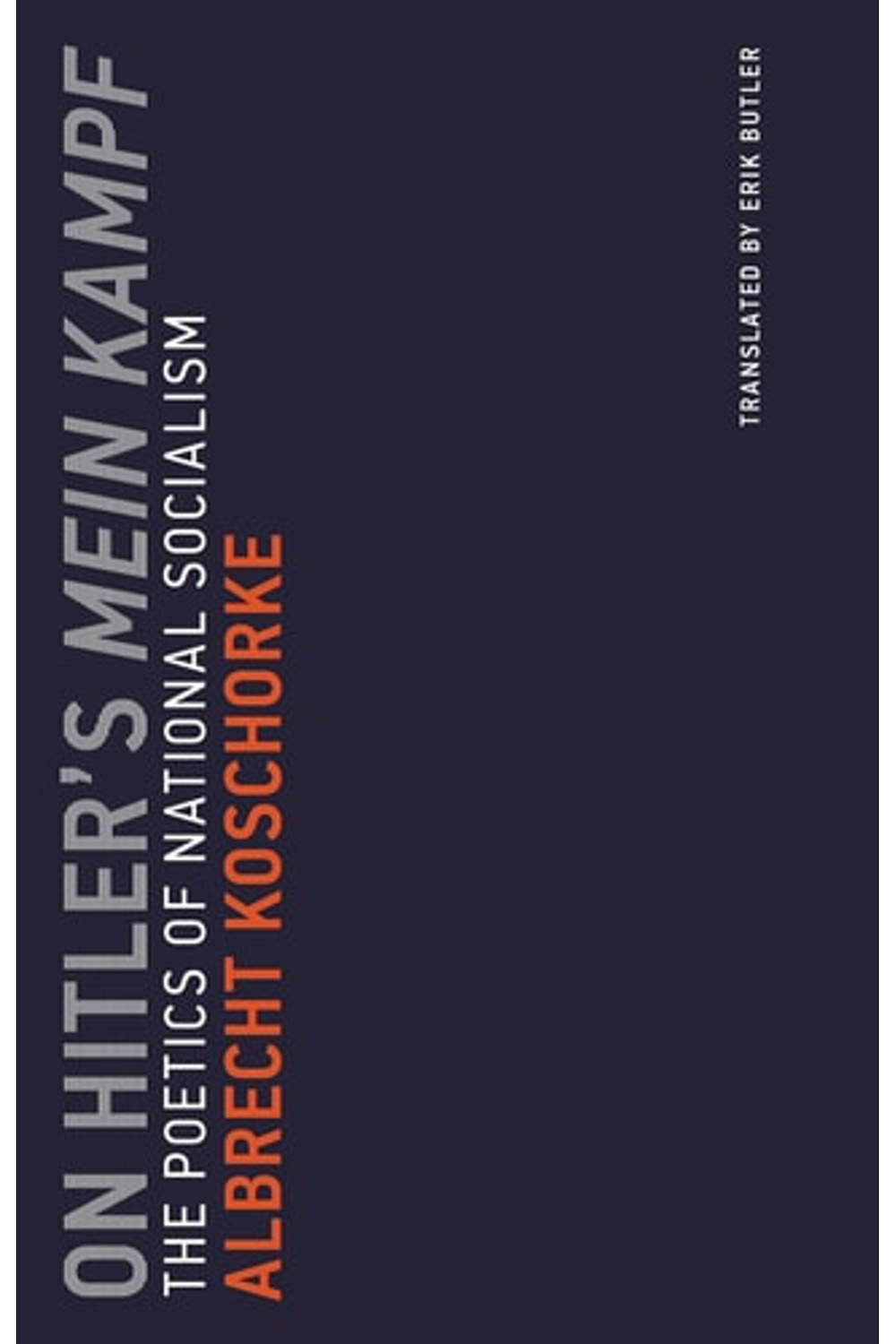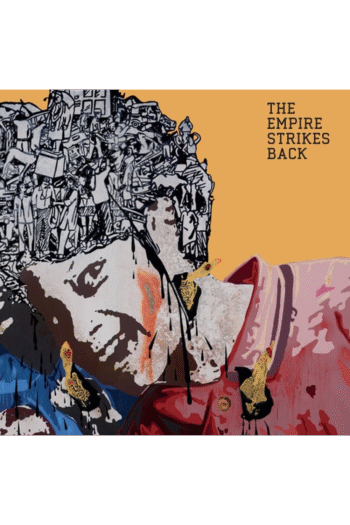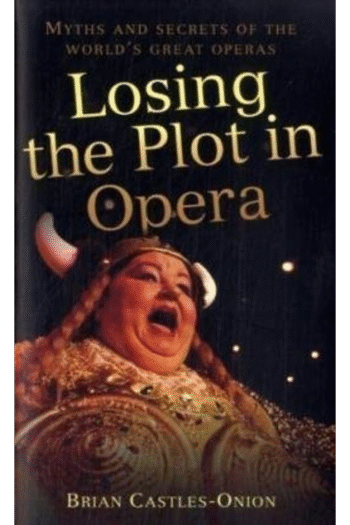Albrecht Koschorke’s *On Hitler’s Mein Kampf* is a vital, concise (88 pages) examination of Adolf Hitler’s infamous manifesto, going beyond simple condemnation to dissect its insidious narrative techniques. This book, published by The MIT Press, analyzes how *Mein Kampf*, despite being widely criticized as poorly written and illogical, became a cornerstone of National Socialist ideology. Koschorke reveals the targeted manipulation embedded within Hitler’s prose, demonstrating how he crafted his message to appeal to specific audiences while demonizing others. Explore the book’s influence on the rise of fascism and gain insight into the power of propaganda and hate. Understand the poetics of National Socialism and the chilling legacy of *Mein Kampf* with this essential read for students of history, political science, and literature alike. Discover how Hitler’s work continues to resonate and serves as a warning about the dangers of extremism. Perfect for anyone seeking a deeper understanding of 20th-century history and the manipulation of political rhetoric.
On Hitler’s Mein Kampf: The Poetics of National Socialism (Untimely Meditations)
22,81 $
In stock
An examination of the narrative strategies employed in the most dangerous book of the twentieth century and a reflection on totalitarian literature.
Hitler’s Mein Kampf was banned in Germany for almost seventy years, kept from being reprinted by the accidental copyright holder, the Bavarian Ministry of Finance. In December 2015, the first German edition of Mein Kampf since 1946 appeared, with Hitler’s text surrounded by scholarly commentary apparently meant to act as a kind of cordon sanitaire. And yet the dominant critical assessment (in Germany and elsewhere) of the most dangerous book of the twentieth century is that it is boring, unoriginal, jargon-laden, badly written, embarrassingly rabid, and altogether ludicrous. (Even in the 1920s, the consensus was that the author of such a book had no future in politics.) How did the unreadable Mein Kampf manage to become so historically significant? In this book, German literary scholar Albrecht Koschorke attempts to explain the power of Hitler’s book by examining its narrative strategies.
Koschorke argues that Mein Kampf cannot be reduced to an ideological message directed to all readers. By examining the text and the signals that it sends, he shows that we can discover for whom Hitler strikes his propagandistic poses and who is excluded. Koschorke parses the borrowings from the right-wing press, the autobiographical details concocted to make political points, the attack on the Social Democrats that bleeds into an anti-Semitic conspiracy theory, the contempt for science, and the conscious attempt to trigger outrage.
A close reading of National Socialism’s definitive text, Koschorke concludes, can shed light on the dynamics of fanaticism. This lesson of Mein Kampf still needs to be learned.
| Authors | |
|---|---|
| Binding | |
| Condition | |
| ISBN-10 | 0262533332 |
| ISBN-13 | 9780262533331 |
| Language | |
| Pages | 88 |
| Publisher | |
| Year published | |
| Weight | 45 |
Related products
Electric Dreams
22,81 $EMPIRE STRIKES BACK, THE
22,81 $
- Additional information
- Currencies
- USD – United States dollar
- EUR – Euro
- GBP – Pound sterling
- CNY – Chinese yuan
- BRL – Brazilian real
- MXN – Mexican peso
- JPY – Japanese yen
- PHP – Philippine peso
- THB – Thai baht
- PLN – Polish złoty
- CAD – Canadian dollar
- MYR – Malaysian ringgit
- AUD – Australian dollar
- TWD – New Taiwan dollar
- CZK – Czech koruna
- SEK – Swedish krona
- HUF – Hungarian forint
- ILS – Israeli new shekel
- CHF – Swiss franc
- HKD – Hong Kong dollar
- DKK – Danish krone
- SGD – Singapore dollar
- NOK – Norwegian krone
- NZD – New Zealand dollar





